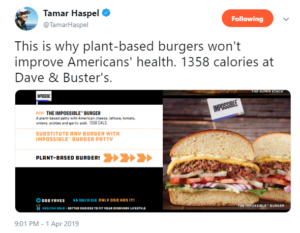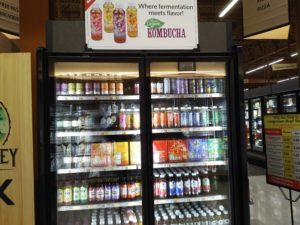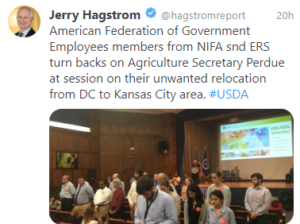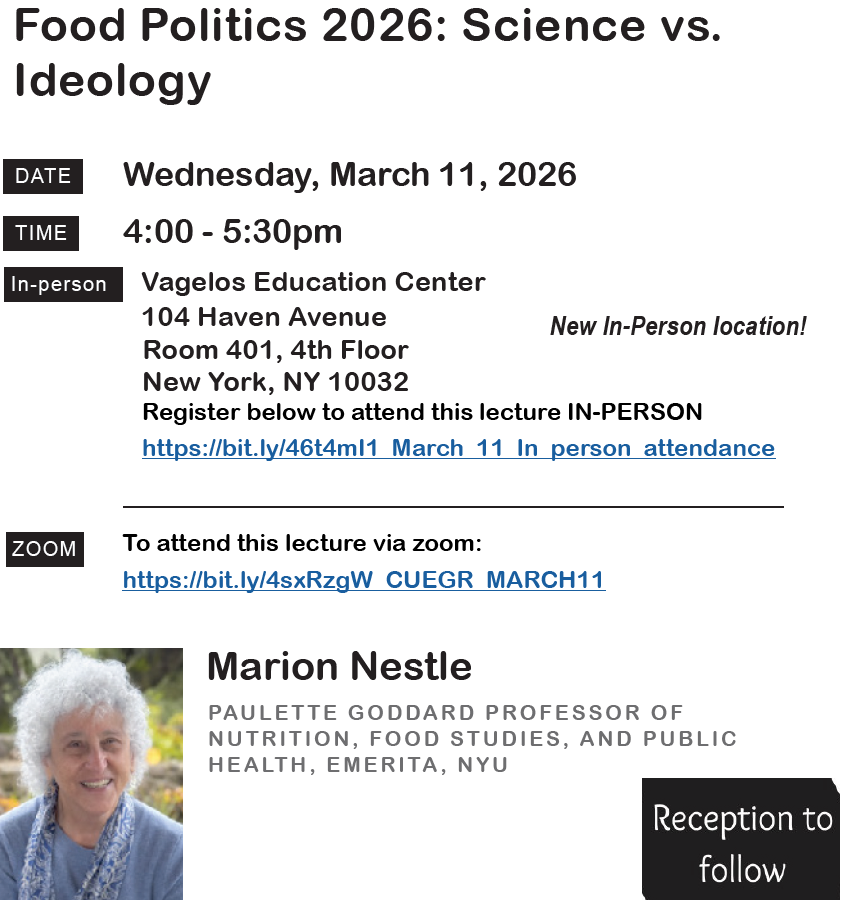Selling baked goods—in China
BakeryandSnacks.com, an industry newsletter I subscribe to, occasionally collects its articles into special editions. This one is on selling baked goods in China. The effects of these trends on public health? One can only guess.
Special Edition: China market report
Chinese appetites for bakery products continues to grow unheeded, despite a market saturated with Asian brands and the continued interest in European offerings.
Following Bakery China 2019 (May 6-9) held in Shanghai, BakeryandSnacks examines the world’s fastest growing sector, using information gleaned from the coalface [translation: real working conditions] and brand data from market researchers.
- China’s bakery market: Growing faster than the country’s GDP: Aligned with the exploding growth in China’s bakery sector, Bakery China has grown from relatively small beginnings in 1997 to an enormous trade event occupying more than 200,000m2 of the Shanghai New International Expo Center in China… Listen now
- China’s biscuit boom: Biscuit consumption is soaring in China, on the back that these intrinsic snacks offer pleasure and convenience, a boost of energy as well as satisfying hunger. They are also regarded as a well-heeled gift… Read
- Creating trends in China’s bakery market: Rich Products Corporation has been at the forefront of development in China’s bakery industry since its entry three decades ago and today is considered a trend originator… Watch now
- French macarons: The symbol of premiumization in China: The demand for Western style products in China has been increasing and French pastries are a hit, especially the taste for premium luxury goods like macarons, according to Daxue Consulting… Read
- Cream of the crop: The dairy boom in China’s bakery market: Irish dairy processor Glanbia is capitalizing on the Chinese consumer’s growing penchant for full-fat dairy creams – especially prevalent in raft of exquisitely decorated cream-topped cakes on show at Bakery China… Watch now
- A true breadwinner: The rise of sourdough in Asia Pacific: Michael Bultel, head of Ingredients and Baking Center, Asia Pacific, for Lesaffre looks at the implications of the increasing appeal of artisanal bread in Asia Pacific… Read





